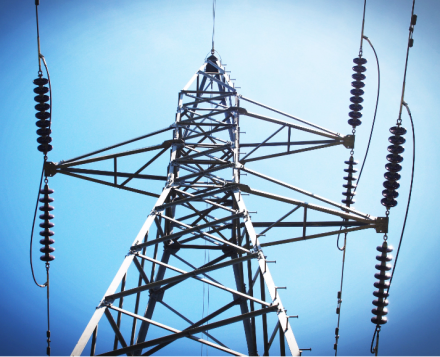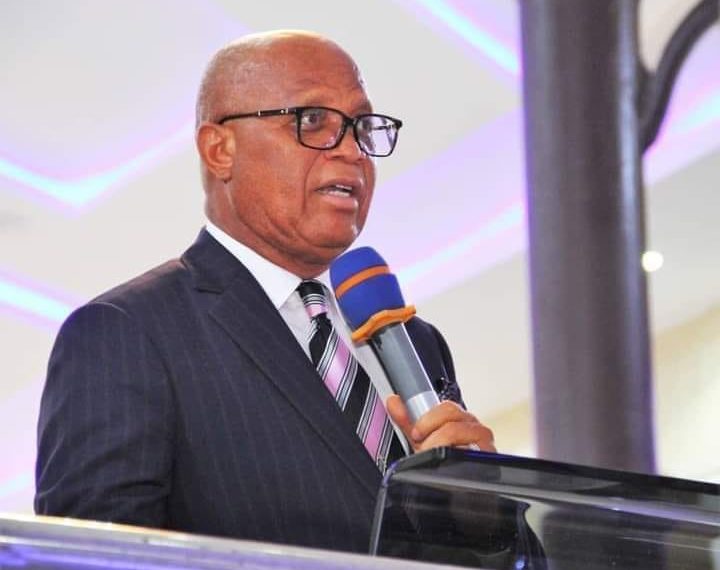 03 January 2012, Sweetcrude, ABUJA – The Nigerian government has signed a Memorandum of Understanding (MoU) with an indigenous bio-fuel producer, Global Biofuels Limited, for the construction of 15 integrated bio-fuel plants in Nigeria.
03 January 2012, Sweetcrude, ABUJA – The Nigerian government has signed a Memorandum of Understanding (MoU) with an indigenous bio-fuel producer, Global Biofuels Limited, for the construction of 15 integrated bio-fuel plants in Nigeria.
The N424 billion project will generate 450 megawatts of electricity and will create 120,000 direct and 750,000 indirect jobs.
Mr Olusegun Aganga, the Minister of Trade and Investment, signed for the Federal Government, while the Managing Director/CEO, Global Biofuels Limited, Dr. Felix Obada, signed for his firm.
Aganga said at the signing ceremony: “This will create value chain, in addition to linking 15 states of the federation to cheap bio-fuel generated electricity at the rate of 30 megawatts per state.
“Construction on the pilot plant, which will be established in Ekiti State, will commence in the first quarter of 2012 and shall be completed within 12 months, while 14 additional plants will be established in 14 other states after the completion of the pilot project”.
He listed the beneciary states as Ondo, Osun, Kwara, Kogi, Benue, Gombe, Bauchi, Zamfara, Kano, Kaduna, Nasarawa and Plateau.
The minster said the project is the culmination of several years of intensive research between Global Biofuels and its collaborators in research institutes in Nigeria, China, Brazil and India. When completed, he said the project would positively impact the nation’s economy and attract more Foreign Direct Investments into the country.
The company, he said, will start the implementation of an agro-based industrial activity for the production of ethanol, biomass electric power and food, all from a single industrial complex, using sweet sorghum as raw materials. The pilot project is at Ilemeso, Ekiti State.
Aganga said plant construction is scheduled to start in the first quarter of 2012 while mechanical completion, test run and inauguration have been fixed for the last quarter of 2012.
He disclosed that the Ministry of Trade and Investment would partner other focal ministries and parastatals of the Federal and state governments to ensure the successful execution of the project.”
According to Obada, 70 per cent of the project would be funded by the Chinese government while the remaining 30 per cent would be sourced from other financial institutions, including NEXIM Bank, ECOWAS Bank for Investment and Development, Africa Finance Corporation, Fond Gari of Togo and FirstBank of Nigeria Plc.



